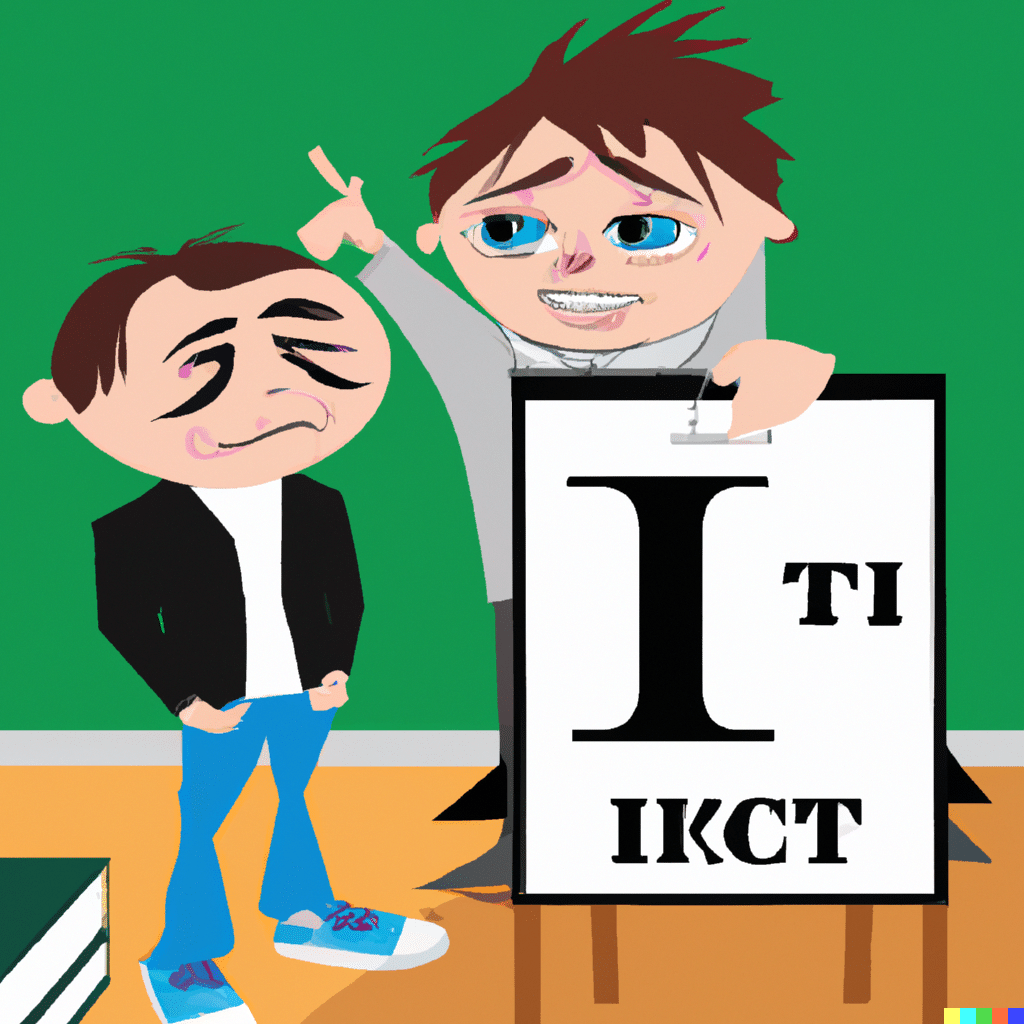
Since applying the term “genius” to a person depends on consensus, usually after their death, I will provide instead some examples of high achievers of very high IQ who were perceived as slow or unintelligent by their teachers and/or parents.
On February 11, 1847, Thomas Alva Edison was born in Milan Ohio, the seventh and last child of Samuel Edison Jr. and Nancy Elliot. When Thomas was 7 years old, the family moved to Port Huron, Michigan. By this time he had been in and out of several different schools in Ohio and Michigan on account of a reading disability that we know today as dyslexia. A few months into his first-grade school year, his teacher Reverend G. B. Engle, became frustrated by Edison’s learning difficulties and called him “addled.” The scorned youngster stormed out of school ending his formal education. Fortunately his mother was a teacher, so Thomas was home-schooled thereafter.
Under his mother’s tutelage, Edison became an avid reader, pursuing his natural curiosity through books and chemical experiments. By age 13, he was earning $50 per week selling candy, fruit, and newspapers on the Grand Trunk Railroad run from Port Huron to Detroit. His flair for entrepreneurial enterprise was further evident at age 15 when he wrote and printed, on a small printing press located in a baggage car, The Grand Trunk Herald–a newspaper that he sold to the 400 railroad employees. Using money earned from his enterprise, he purchased books on chemistry along with chemicals for experiments that he conducted in his own makeshift baggage car “lab.”
Unrelenting in his exploration of chemistry and electricity, he filed in 1869, at the age of 22, his first patent–an electric vote recorder. By the time he had reached the age of 29 in 1876, Edison had built a facility in Menlo Park, New Jersey, that would eventually become the first industrial research laboratory in the United States. While working relentlessly to perfect the recently-invented telephone, Edison became obsessed with the idea of recording the human voice. Within a year, he developed a primitive phonograph, recording his rendition of the nursery rhyme “Mary had a little lamb.” Although he was deaf in one ear and partially deaf in the other–a consequence of scarlet fever in his early childhood–he would bite into a wooden part of his new phonograph, so that the vibrations would reach the auditory nerve and enable him to hear.
News of his invention spread rapidly throughout the world, bringing him international fame and flocks of visitors, who traveled from afar, to witness a burgeoning new era in electronic devices. Less than two years later, Edison discovered the invention for which he is most remembered–the first commercially viable incandescent light bulb. The first air conditioning system, the motion picture camera, and a host of other life-enhancing innovations followed soon after and Thomas Edison, as the personification of inventive genius, became immortalized as the “Wizard of Menlo Park.”
Another high achiever with whom we are all familiar is Albert Einstein. Albert was so slow in learning to talk that his parents consulted a doctor. His sister Maja reported, “He had such difficulty with language that those around him feared he would never learn [to speak].” In fact, one of his schoolmasters predicted that he would never amount to much. Some psychologists conjecture that Einstein was dyslexic– a neurological condition that makes it difficult to process and decode written language. It’s not necessary to document Einstein’s achievements, because they are well known. Suffice it to say that he has become the icon for genius.
Another high achiever who may in future be declared a genius is Elon Musk, founder or co-founder of Zip2, PayPal, Space X, Tesla (controversial), Neuralink and a host of other companies. Yet, during his early years in school, some teachers felt he was mentally handicapped. Biographer Walter Isaacson writes in his book titled Elon Musk: (p. 16–17):
Elon had no friends. By the time he was in second grade he was tuning out, “The teacher would come up to me and yell at me, but I would. not really see or hear her,” he says. His parents got called in to see the principal who told them, “We have reason to believe that Elon is retarded.” He spent most of his time in a trance not listening, one of his teachers explained. “He looks out of the window all the time, and when I tell him topay attention he says, ‘The leaves are turning brown now.’”
Elon later joked that he has Aspergers, a condition often associated with high intelligence, but emotional distance and a lack of empathy. Extreme intelligence often makes people so different from the norm that their difference is perceived as a disability.
It may be that these genetic anomalies that appear in a few individuals in every generation are the way that natural selection tests a species for genes that increase survival. Whether or not this is the case, the individuals who have these anomalies receive a gift and a burden.
